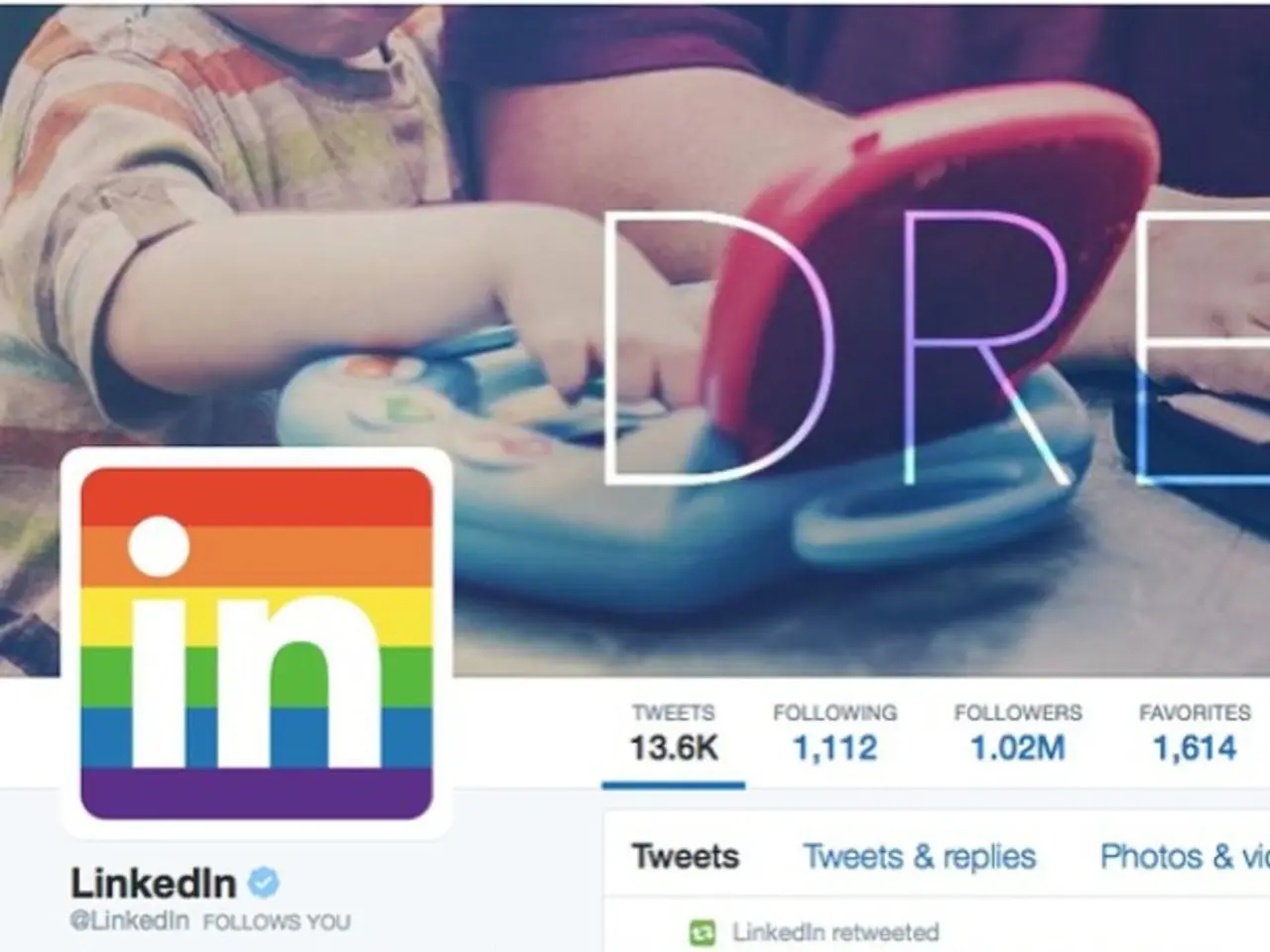NRW's Finance Department Offers Tax Advice to Social Media Influencers
North Rhine-Westphalia Tax Authority Launches Comprehensive Guidance for Influencers
In an effort to support the growing influencer industry and ensure tax compliance, the North Rhine-Westphalia (NRW) tax authority has launched a dedicated website offering practical tax guidance for influencers and content creators. This move is part of the government's broader strategy to create legal certainty and foster a successful career path for influencers in the region.
The website, accessible through the official NRW tax authority channels, provides detailed information on various tax-relevant topics, including income tax, corporate tax, Value Added Tax (VAT), sponsorships, product placements, merchandise sales, and prize money. This comprehensive guidance aims to clarify influencers' tax obligations and prevent tax evasion, which has been a concern given reported large-scale tax fraud by influencers in NRW.
Income tax and self-employment status are key areas of focus for the new site. Influencers must assess whether their activity is a hobby or a self-employed business. If self-employed, they must report income accordingly in their tax returns, including income from sponsorships, product placements, merchandise sales, and prize money. Failure to declare income can trigger additional taxes and criminal procedures.
Corporate tax is another critical area for influencers operating via companies or having incorporated their activities. The tax office assesses the intrinsic value of influencer businesses, including their brand and follower base, which can impact tax evaluations.
Value Added Tax (VAT) is also a significant concern for influencers. They must register for VAT if they provide self-employed services focused on long-term income generation, with annual revenues exceeding specific thresholds. VAT applies to services such as sponsored posts and merchandise sales.
The NRW tax authority has issued updated circulars regarding the VAT treatment of digital and online services relevant to influencers. Influencers must keep proper records of their sales and related expenses to comply with VAT regulations.
Sponsorships and product placements count as taxable income and must be declared. If remuneration is given in kind, it is assessed at market value for tax purposes. Earnings from selling branded merchandise are subject to income tax and VAT, and influencers must maintain accurate records of their sales.
Prize money, whether monetary or in kind, is also considered taxable benefits and must be declared. The NRW tax office provides clear warnings and resources to promote compliance, with a significant crackdown on influencers who have allegedly evaded taxes, totaling hundreds of millions of euros in unpaid taxes. The authorities monitor social media closely, using lifestyle indicators and platform data to identify potentially undeclared income.
While the official NRW tax authority site specifically for influencers compiles all the above guidance, it is accessible through their official channels and possibly summarized or cross-referenced in expert blogs and legal commentary. The guidance emphasizes transparency and detailed reporting to comply with tax and social security laws applicable in Germany.
However, it is not specified what actions the influencers are alleged to have taken that led to the ongoing tax investigation involving around 6,000 data sets. The Ministry of Finance in Düsseldorf stated that the investigators are examining these data sets, suggesting a potential tax loss of approximately 300 million euros due to influencers. The Minister did not provide further details about how the tax authority will assist influencers who are unaware of their tax obligations.
Moreover, more than half of the influencers under investigation do not have a German tax number. The website does not specify if it is the only source of information or part of a larger initiative. The tax authority also aims to assist influencers who unknowingly make money through social media and help them claim less ignorance regarding their tax obligations.
In conclusion, the NRW tax authority’s efforts underscore the importance of compliance given intensified scrutiny and enforcement actions. Influencers in North Rhine-Westphalia must carefully track and report all income sources—sponsorships, placements, merchandise, prize winnings—and understand their VAT obligations to meet their tax responsibilities fully.
- In the context of the comprehensive tax guidance for influencers provided by the North Rhine-Westphalia (NRW) tax authority, it's crucial for influencers to understand their business status as self-employed, as this will impact their income tax reporting.
- When dealing with other financing aspects such as corporate tax, sponsorships, product placements, merchandise sales, prize money, and Value Added Tax (VAT), influencers must comply with NRW's tax regulations to avoid additional taxes, criminal procedures, and non-compliance penalties.




